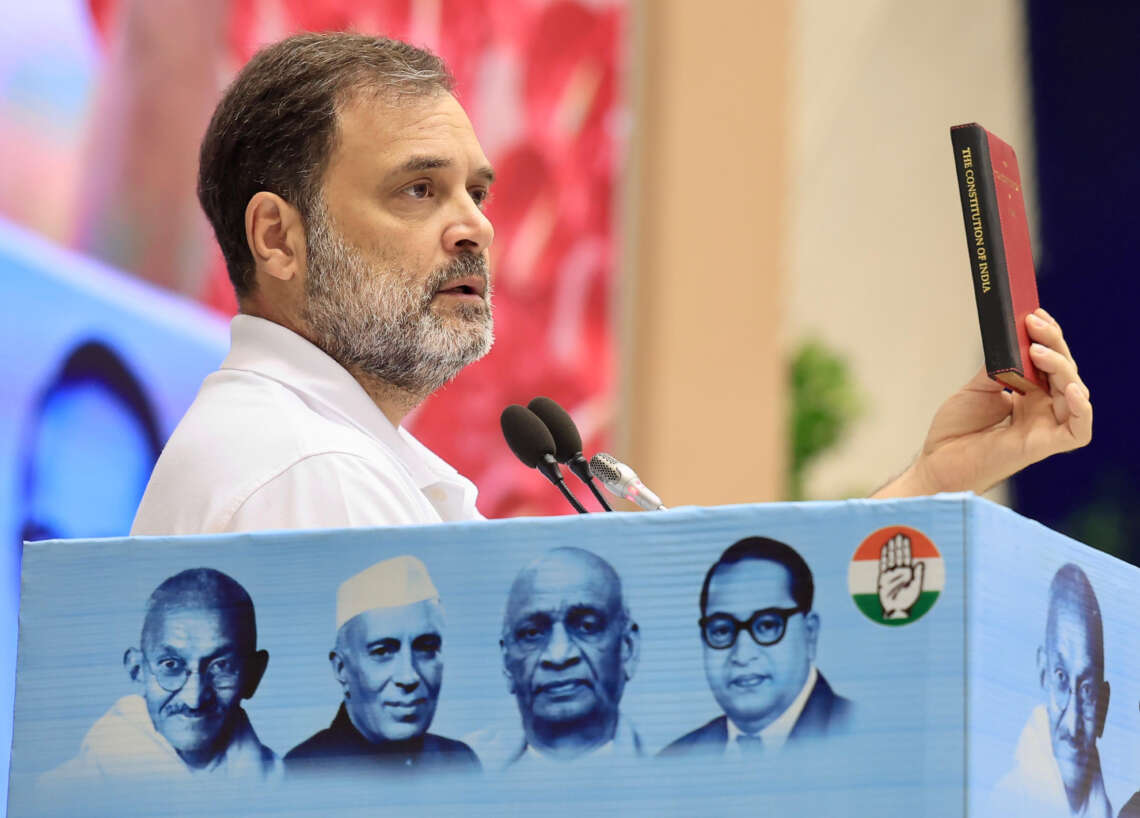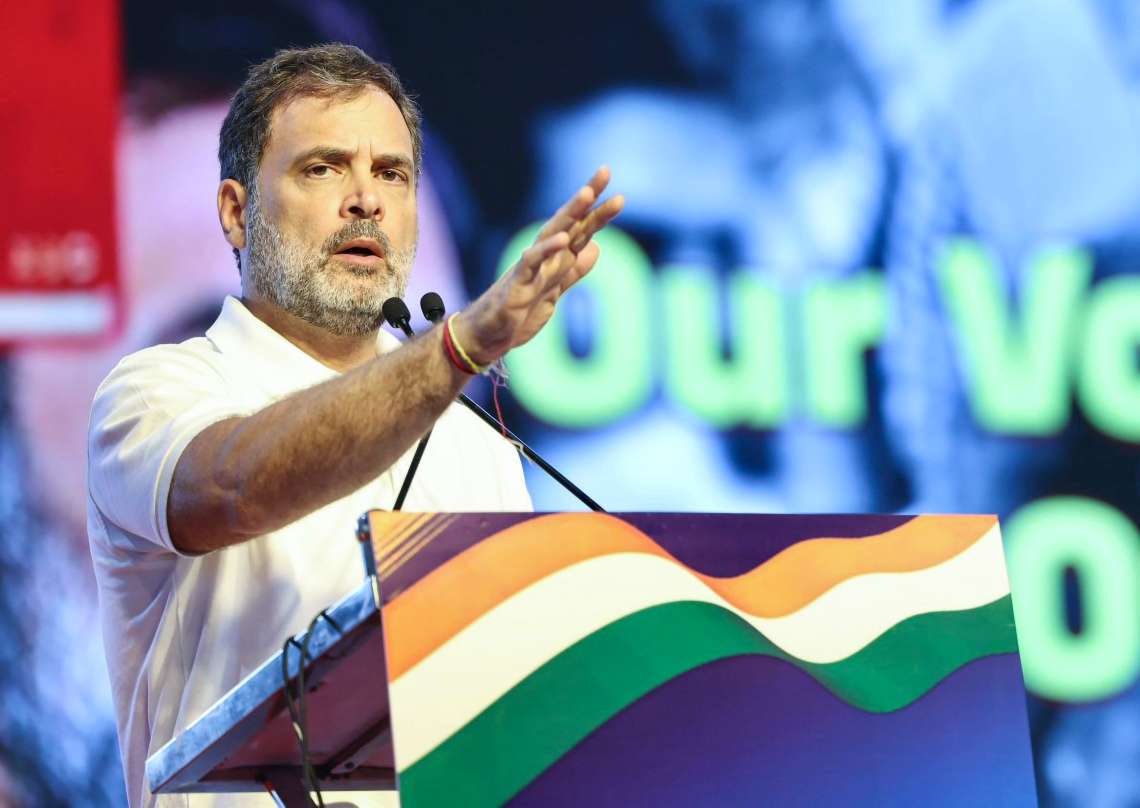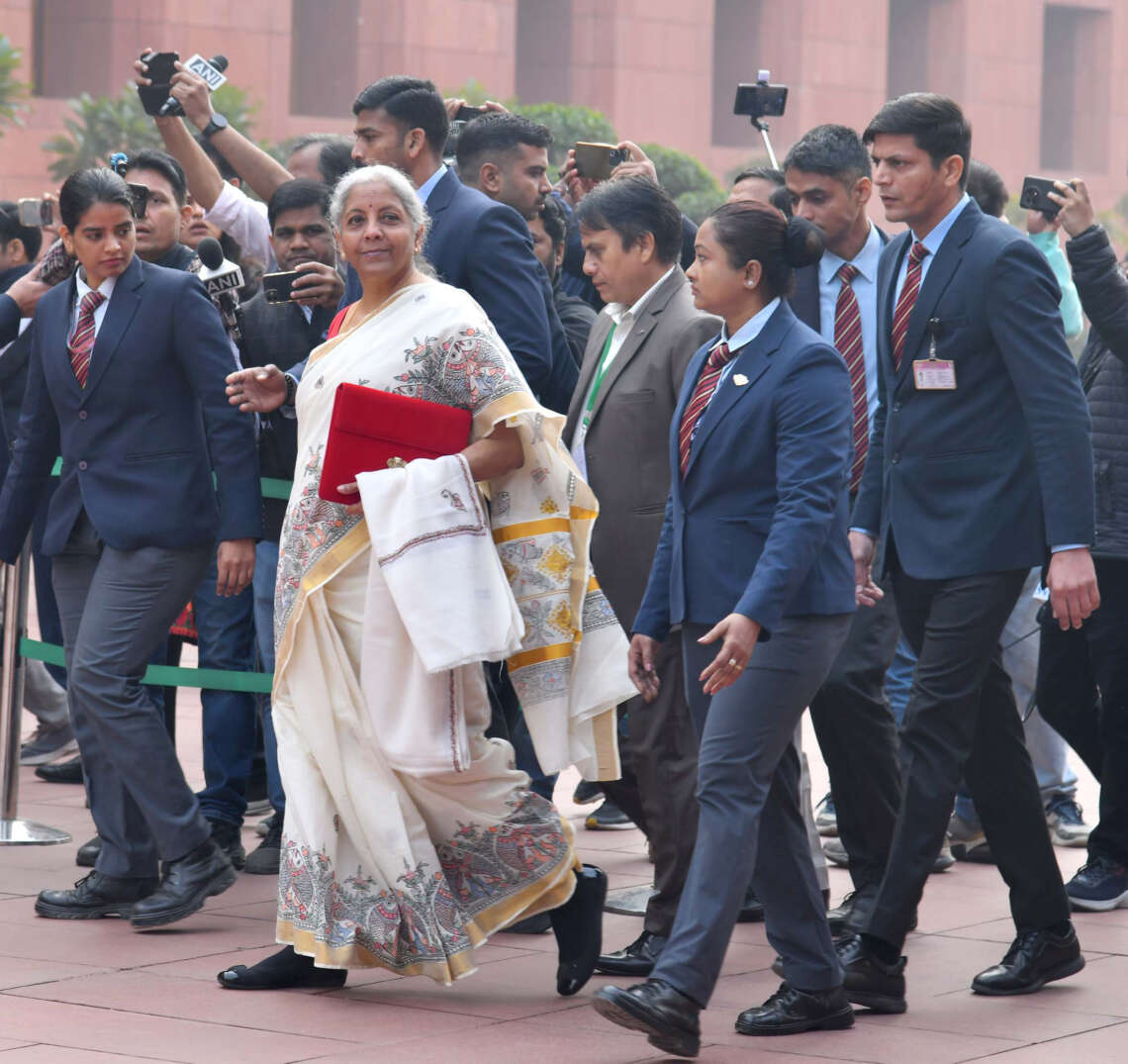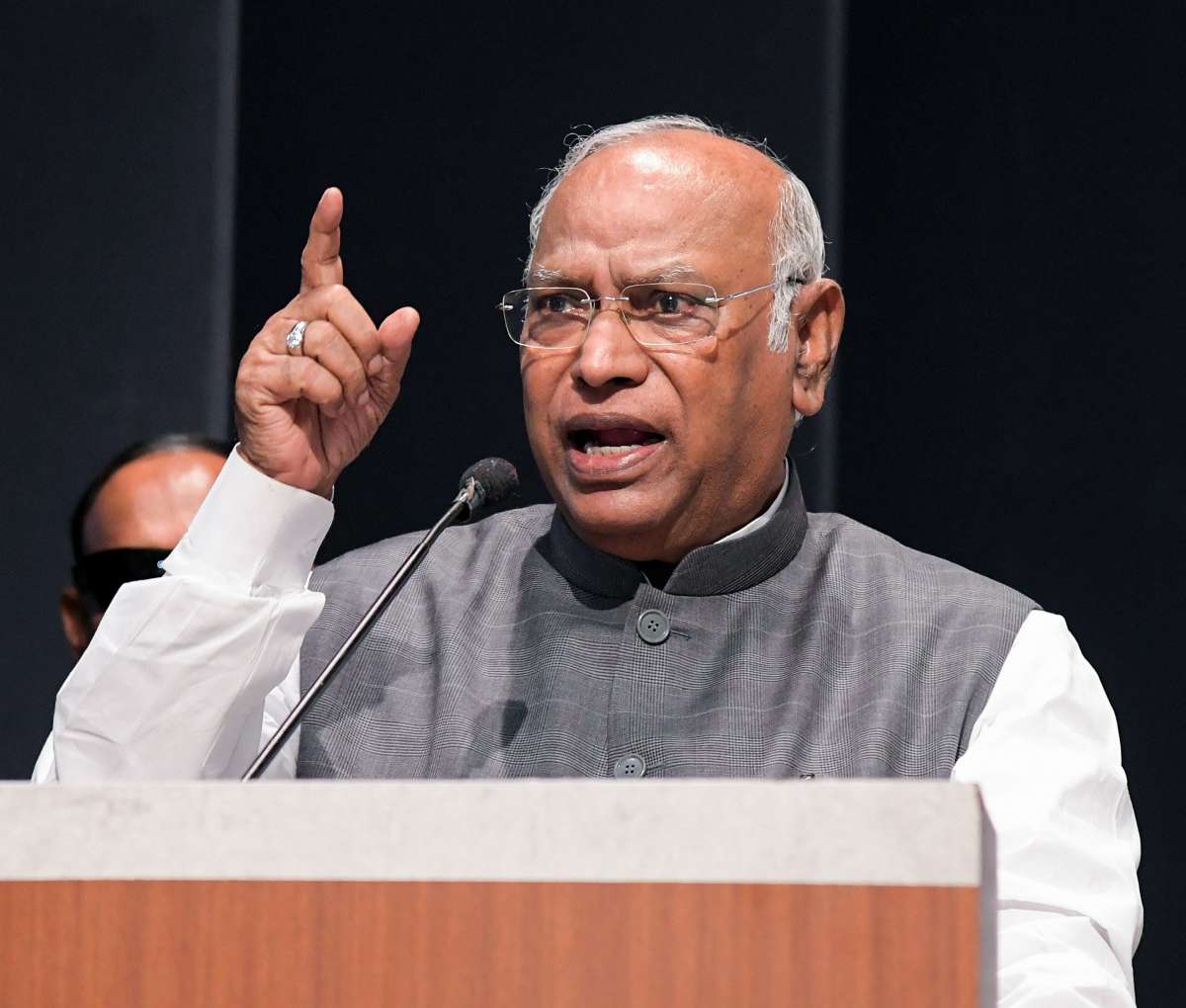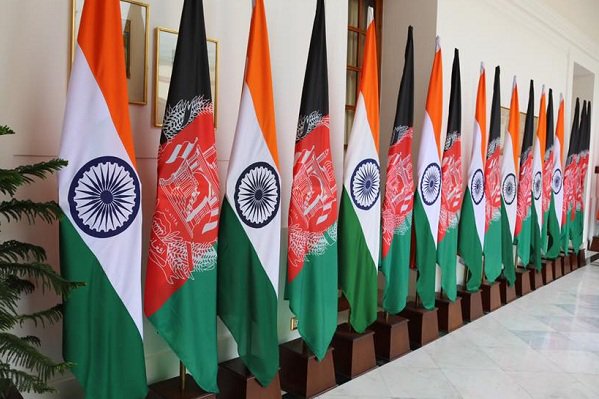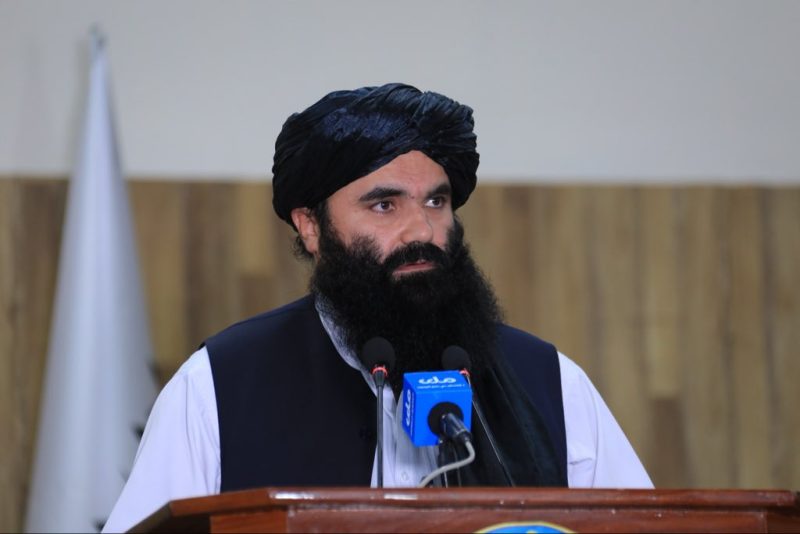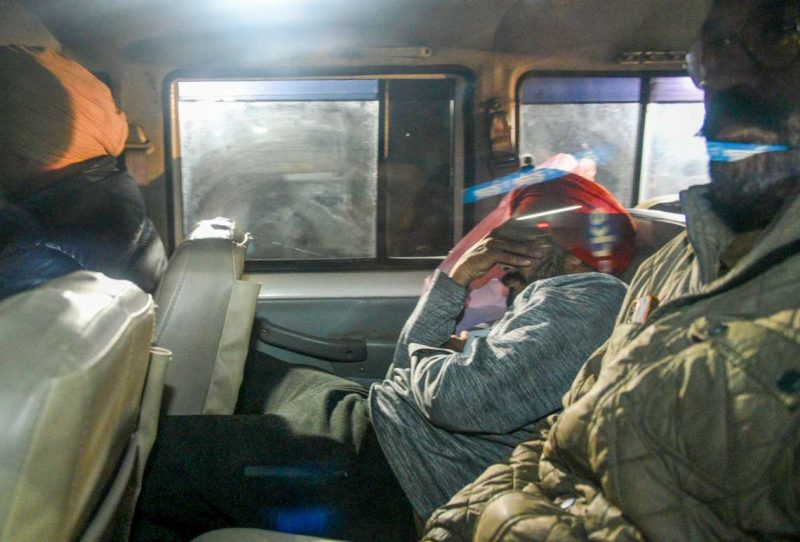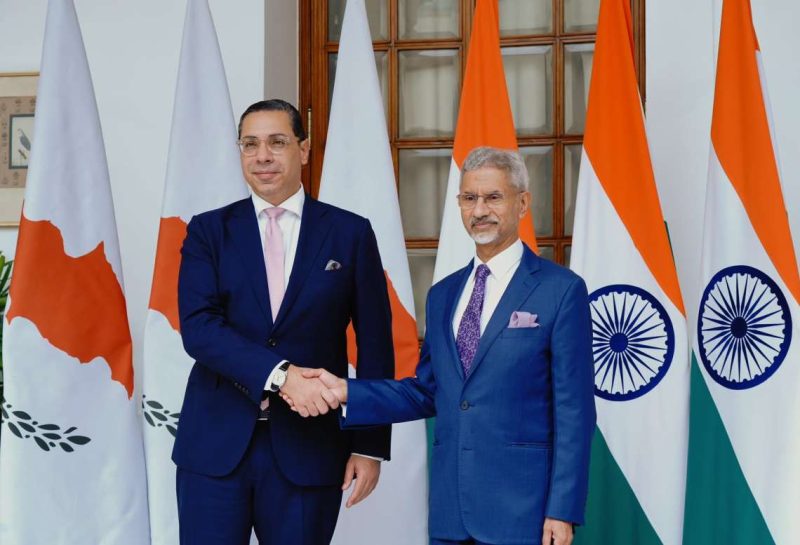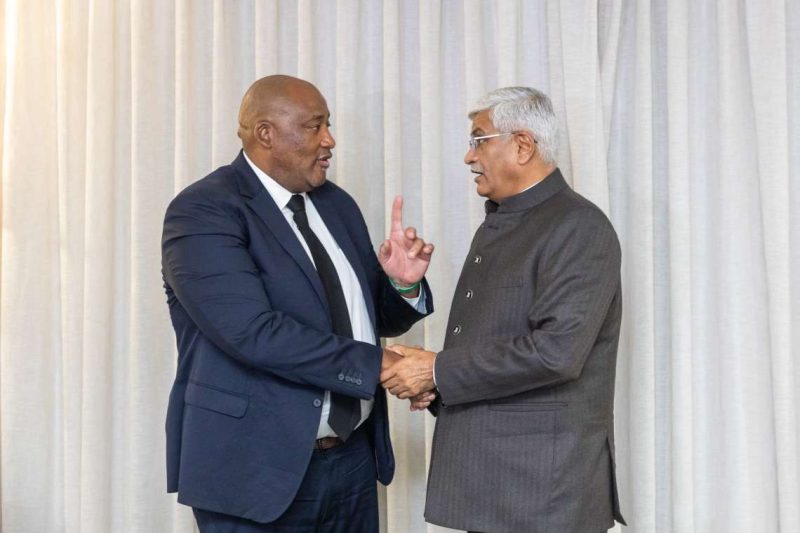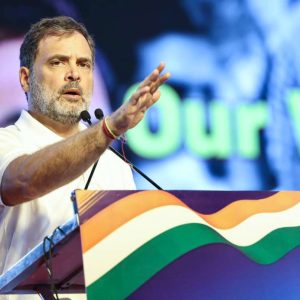When judges slip into moral commentary, especially on loyalty to the nation, they risk blurring the line between verdict and ideology, writes Aravind Rajeev
A rare moment of judicial overreach shook the political recently in India when the Supreme Court took aim at Rahul Gandhi over a comment on India’s 2022 border clash with China.
While granting him legal relief in a defamation case, the court veered into uncomfortable territory by declaring that “a true Indian” wouldn’t make such statements.
That single phrase landed like a hammer. It was enough to ignite a political storm.
The Opposition INDIA bloc including the Congress, TMC and CPM struck back with force, calling the remark unnecessary and politically loaded.
Priyanka Gandhi Vadra didn’t mince words either. She reminded the court, and the country, that Rahul had criticised the government — not the soldiers — and that no one has the right to define who qualifies as a “true Indian.”
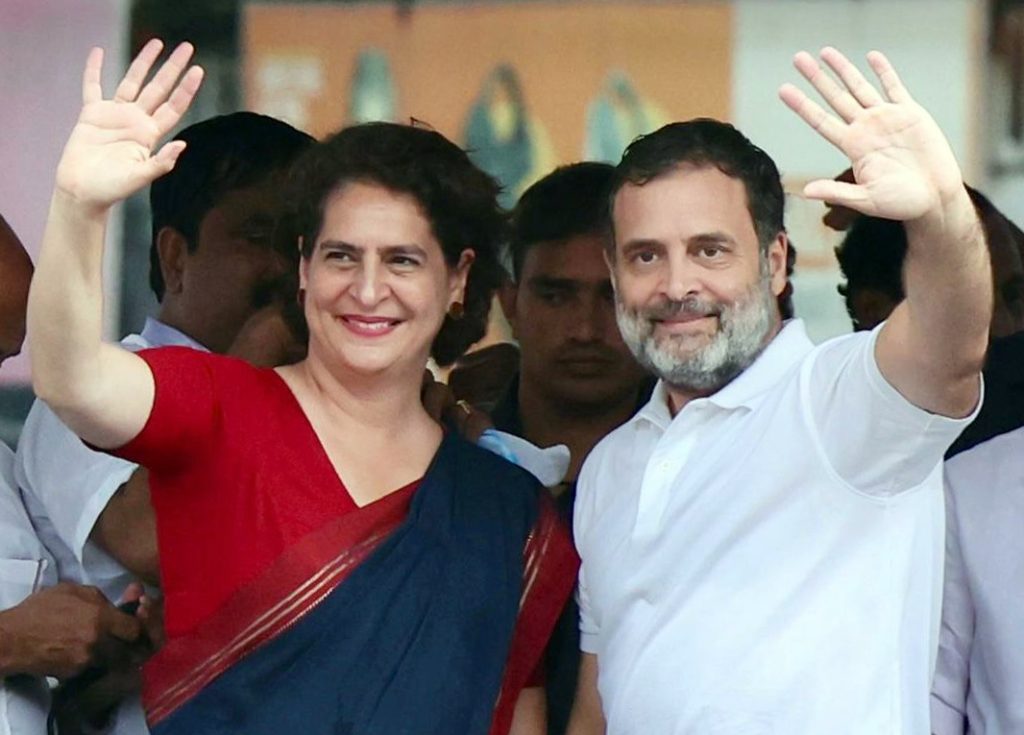
This isn’t about Rahul Gandhi alone. It’s about the troubling idea that courts can judge not just legality, but patriotism.
The judiciary is one of India’s most trusted institutions, a guardian of the Constitution and the last refuge for citizens seeking justice.
But when judges slip into moral commentary, especially on loyalty to the nation, they risk blurring the line between verdict and ideology.
It’s not the job of the courts to decide what a patriot looks or sounds like. It is their role to interpret the law, not to police sentiment.
That distinction matters especially in a democracy built on pluralism, dissent and competing narratives.
This isn’t the first time the judiciary has offered sweeping observations from the bench. Sometimes, these remarks add moral weight to pressing issues.
But other times, like now, they stray too far from the case and echo like personal opinion dressed up in judicial authority.
In this instance, even as the court protected Rahul Gandhi from prosecution, it managed to frame him, however subtly, as un-Indian.
That nuance can be weaponised. In fact, it already has been.
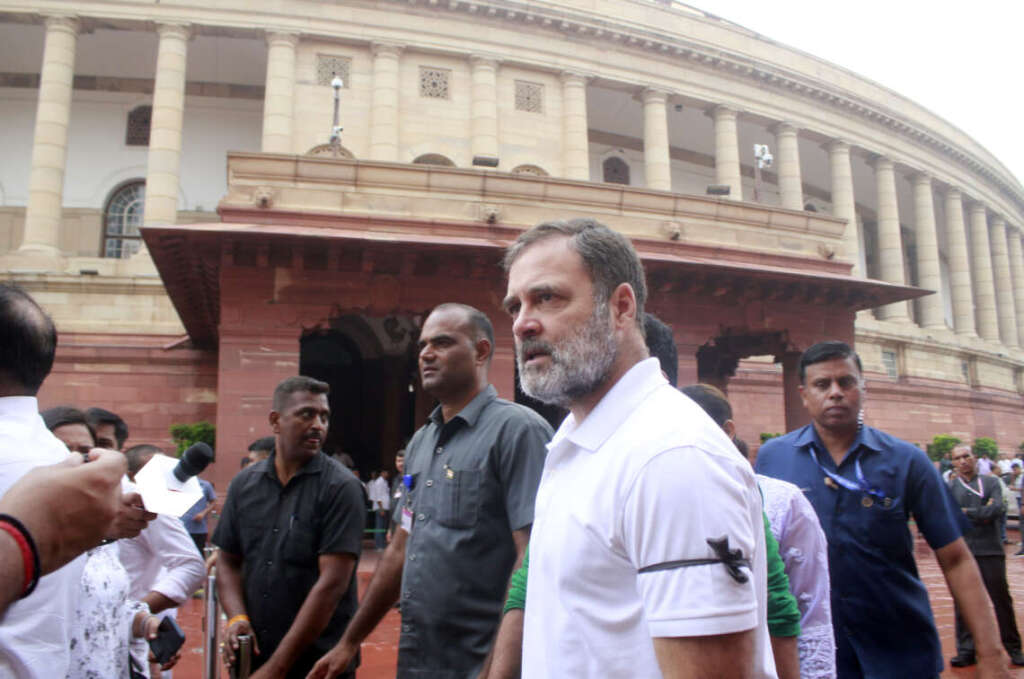
His critics leapt on the court’s words as if they were gospel, adding more noise to an already hostile environment for dissent. And that’s the real danger.
The political climate in India today is already thick with anxiety for Opposition voices. MPs are being suspended from Parliament for holding placards or raising slogans. Television panels and headlines often distort their words or ignore them altogether.
Now, even the courts, meant to rise above politics, are making remarks that sound eerily like political endorsements.
When seen together, these events form a pattern. A pattern where disagreement with the government is no longer just disagreement – it’s treated as disloyalty.
Where criticism comes with the burden of proving love for the nation first.
That’s not democracy. That’s the politics of fear. We must pause and ask: do courts need to make such value-laden remarks while deciding cases? Should patriotism become a prerequisite for speaking your mind?
And who, in a free republic, gets to decide what patriotism even is?
The irony is that the same Supreme Court has often been a powerful check on excess. It struck down the electoral bonds scheme just months ago, calling it a danger to political transparency.
It has defended individual rights time and again. But the more it steps into the moral arena, the more it risks losing its apolitical stance.
In a diverse, argumentative democracy like ours, disagreement is not just inevitable — it is essential. Some citizens will cheer the government. Others will criticise it sharply, even angrily. That doesn’t make them less Indian.
The role of the judiciary should be to protect their right to speak, not to question their Indianness. Rahul Gandhi’s comment may have been politically risky. But the court’s moral verdict on his patriotism crossed a line.
Because once judges begin deciding who is a “true Indian,” we open the door to a darker future. A future where silence feels safer than truth. And in that silence, democracy begins to fade.


